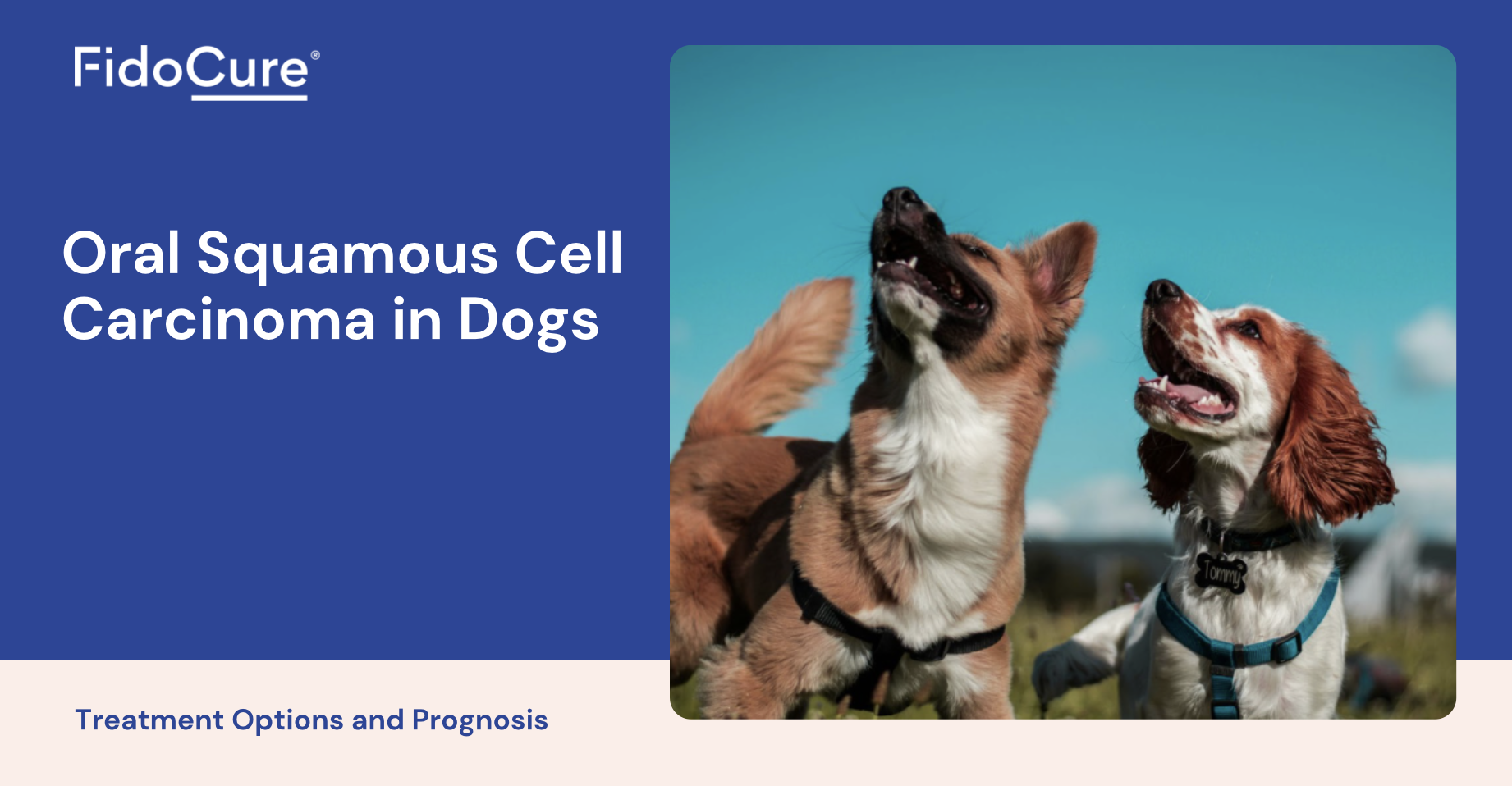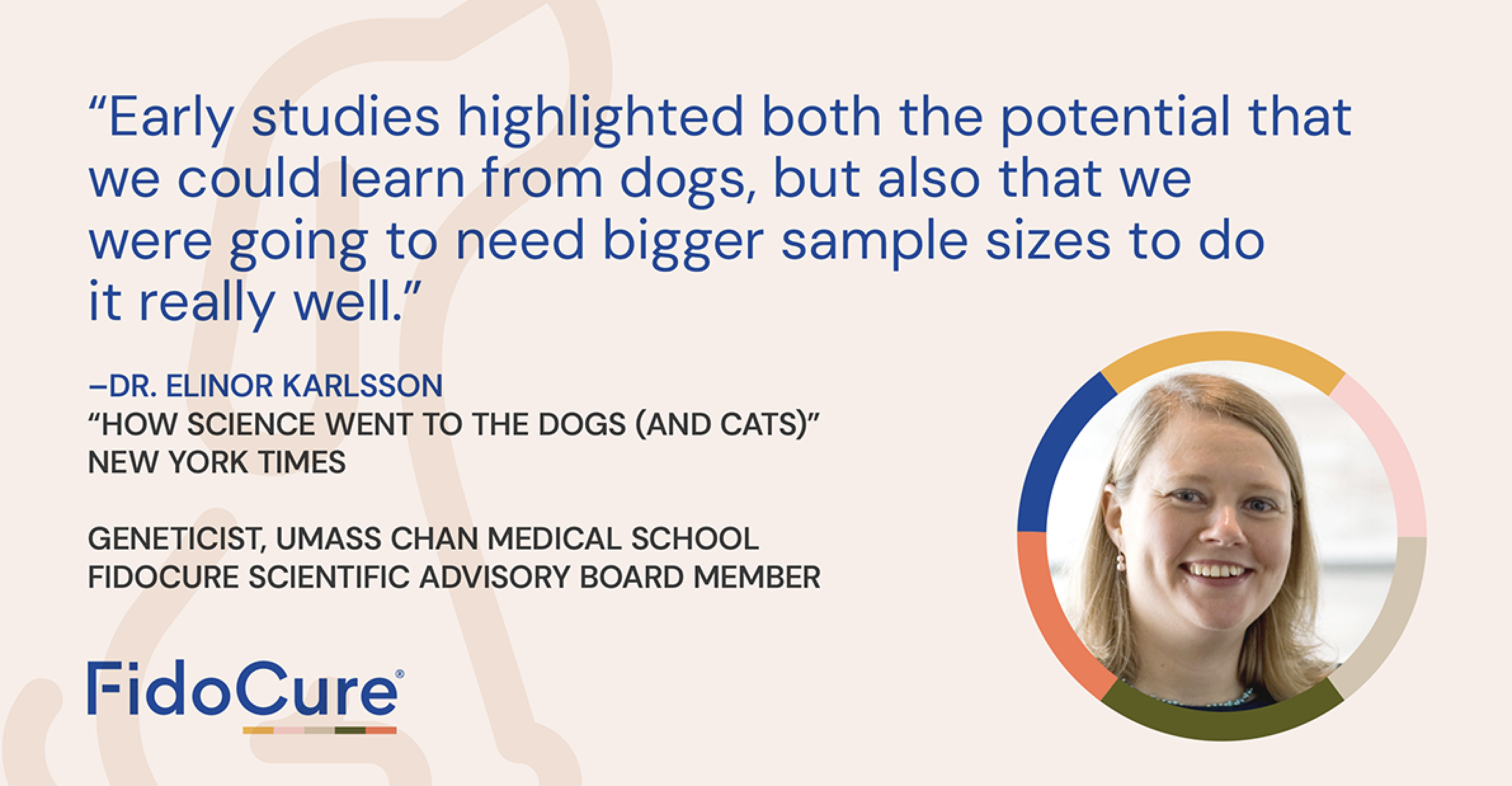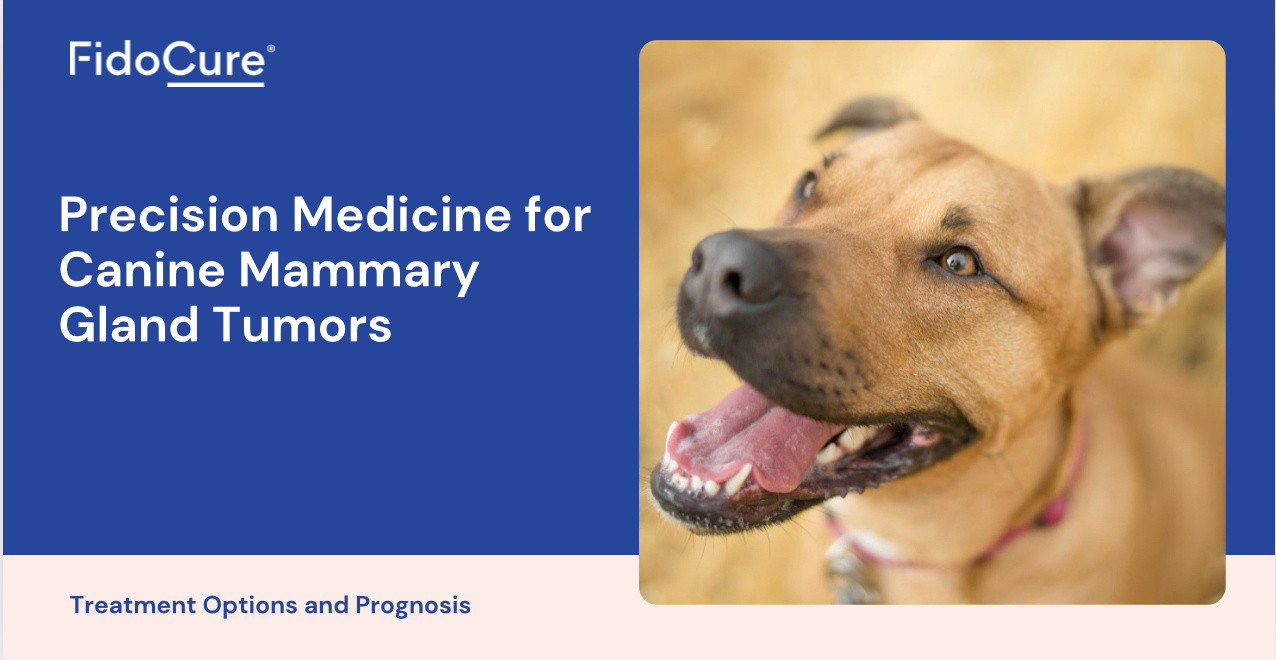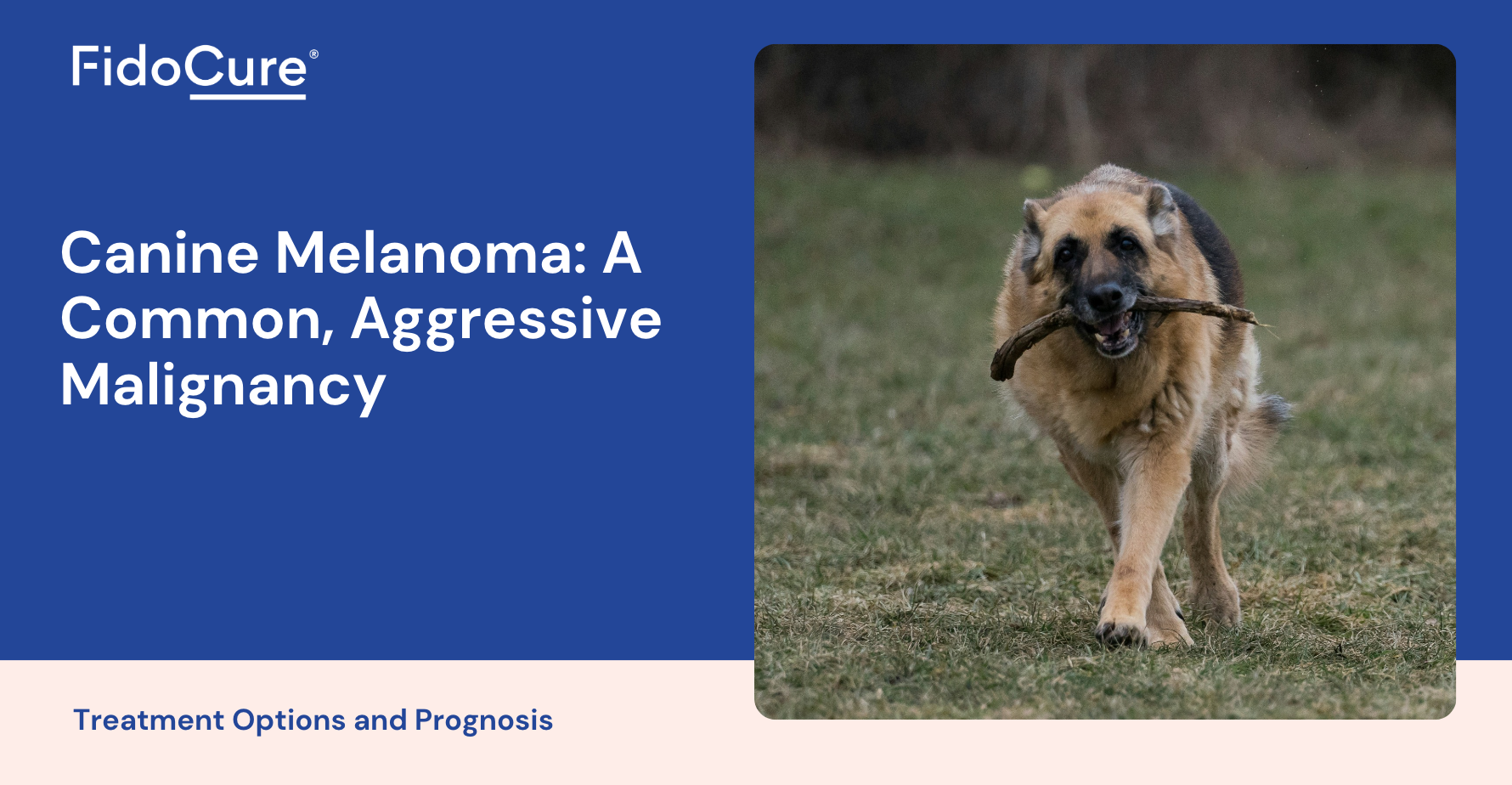Oral Squamous Cell Carcinoma in Dogs
Squamous cell carcinoma (SCC) is the second most common oral tumor in dogs, arising from the lining of the gums and mouth. Treatment typically involves a multimodal approach, combining local therapies like surgery and radiation with systemic chemotherapy. However, traditional chemotherapy has limited efficacy, especially for tumors with higher metastatic potential like those in the tonsils or back of the mouth. As a result, targeted oral therapies like Palladia, are increasingly being used to improve outcomes.



-1.png)


.png)

.png)

.png)